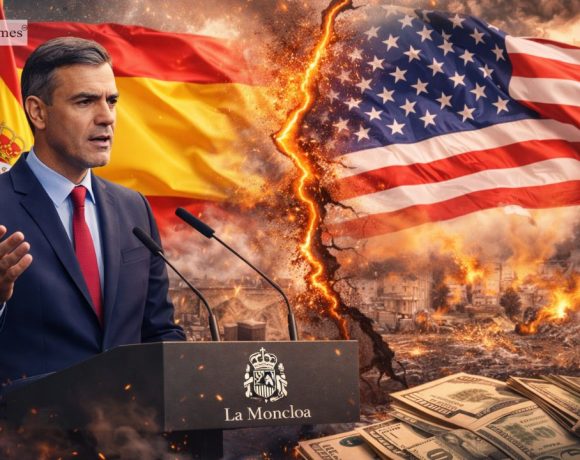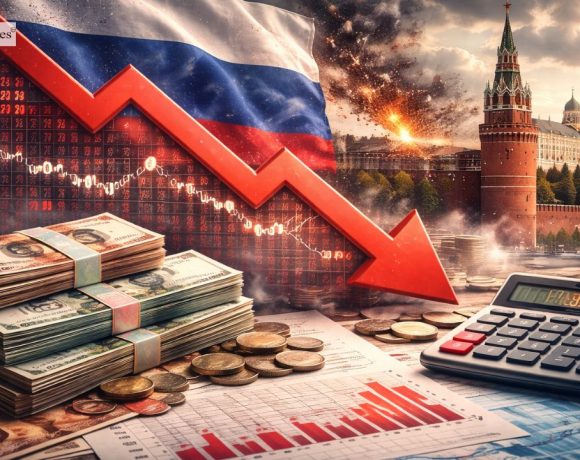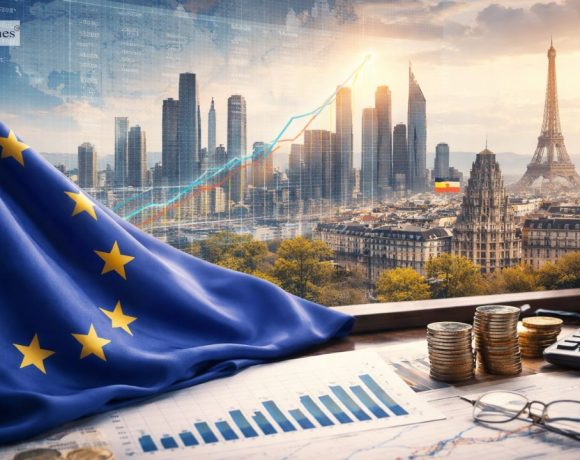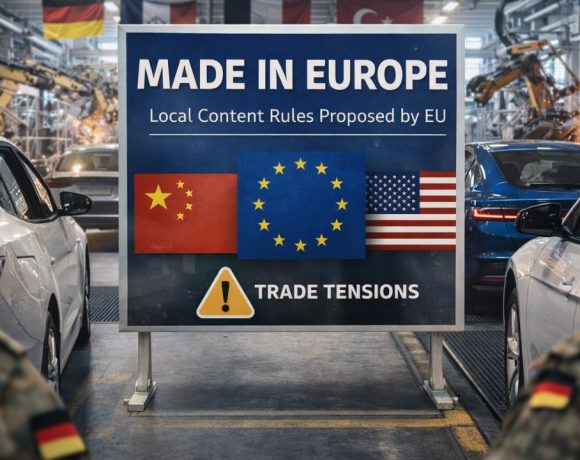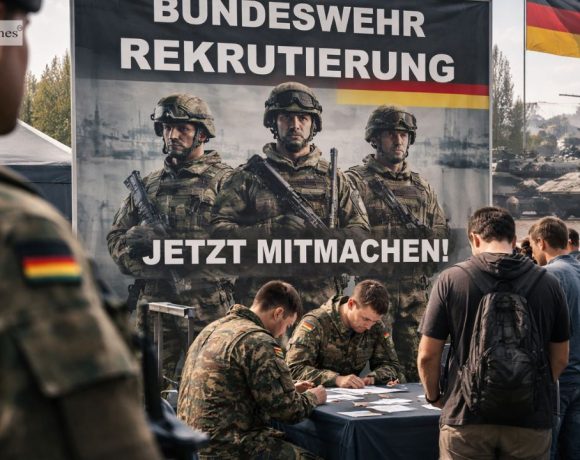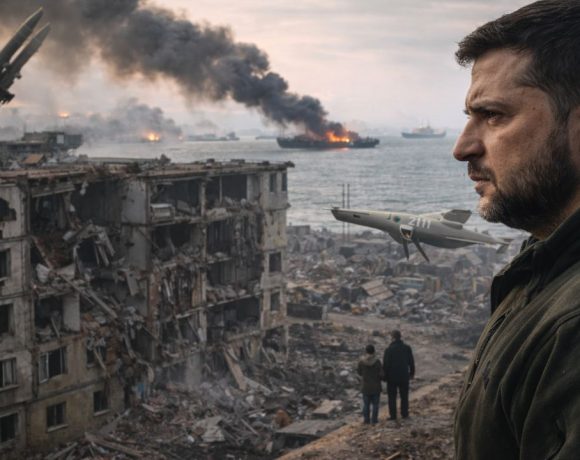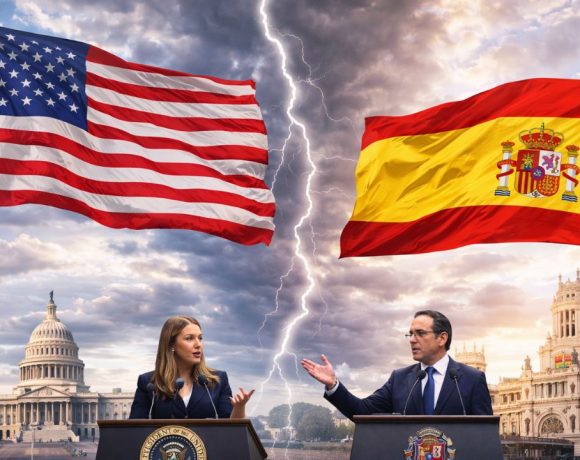
The White House said Spain has agreed to cooperate with the U.S. military after pressure from Donald Trump, but Spanish officials quickly denied any such agreement. Trump had earlier threatened to cut off trade with Spain over its refusal to allow U.S. forces to use military bases in the country for operations linked to strikes on Iran.
White House press secretary Karoline Leavitt told reporters that Spain had “heard the president’s message loud and clear” and had agreed to cooperate with the U.S. military. However, Spain’s foreign minister Jose Manuel Albares rejected the claim, stating that Madrid had not changed its stance and denying that any such deal had been made.
Spain has strongly criticized the U.S.–Israeli attacks on Iran and has refused to allow American aircraft to use joint bases in southern Spain. Prime Minister Pedro Sanchez reiterated the country’s anti-war position, warning that the escalating conflict in the Middle East could trigger a broader global crisis.
Pic courtesy: google/ images are subject to copyright

